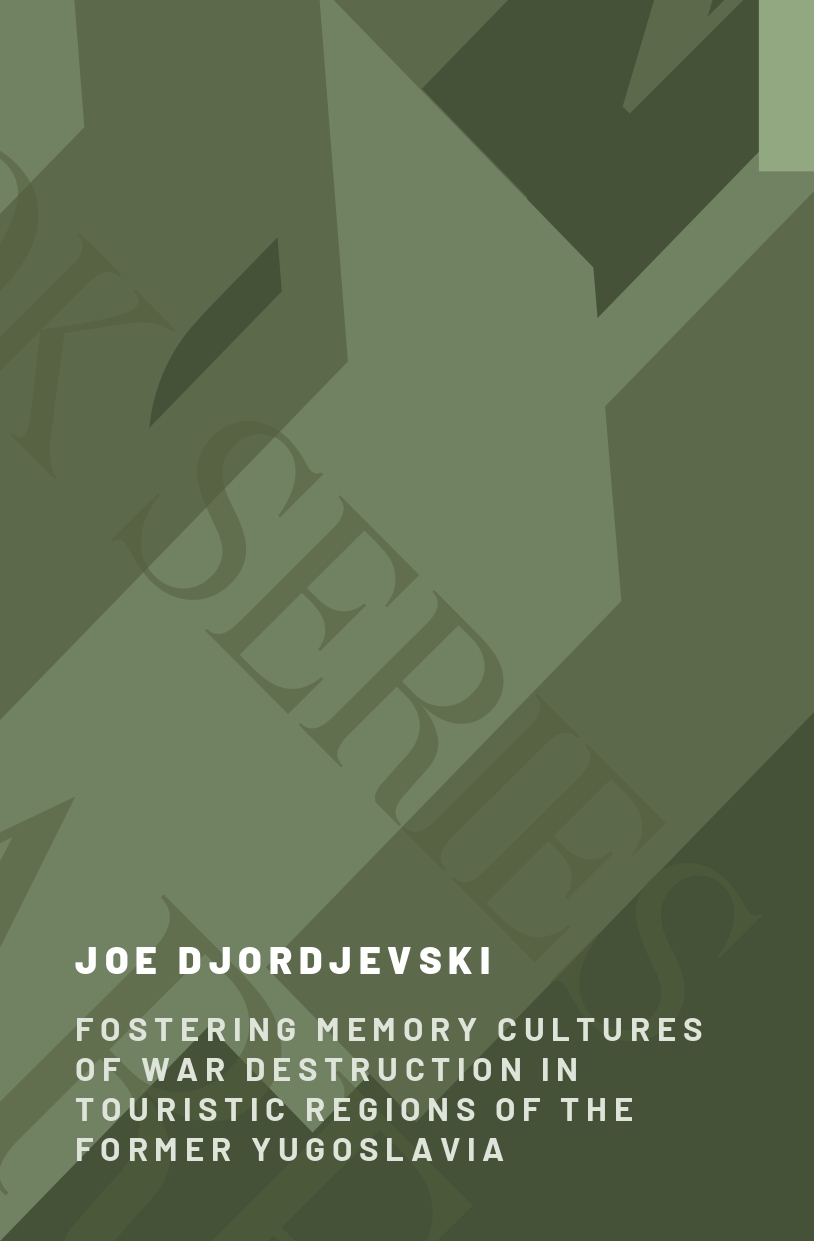
Fostering Memory Cultures of War Destruction in Tourist Regions of Former Yugoslavia
Author(s)/Editors Joe Djordjevski Publisher Institute for Philosophy and Social Theory, University of Belgrade Regional Center for Advanced Studies of Humanities, Rijeka Published 2024 ISBN 978-86-82324-75-1 Pages 11 Edition SquareMemorial spaces for the Wars of Yugoslav Succession (1991–1999) have been a point of contention in southeast Europe. While there are important memory sites for victims of crimes and atrocities, monuments and commemorations often reflect dominant and hegemonic narratives that conform to top-down, exclusionary ways of looking at past events, fostering tension and division between societies. This research contends that changing the way the wars are remembered by looking at how they have impacted the region’s environments, can be used for consensus, education, and for reflecting on current and future problems. However, many areas heavily impacted by the wars, in particular rural ones, are undergoing tourist transformations, where memory of how the conflict affected landscapes and populations is either intentionally hidden from tourists or glossed over in favor of unrealistic representations of pristine, undiscovered, and safe environments. But creating spaces for memory of the wars in tourist areas presents a tremendous opportunity for both outside and local populations to reflect on how the wars have had long-lasting, slow-moving, and at times, invisible, effects that often continue to impact people living in the region.
